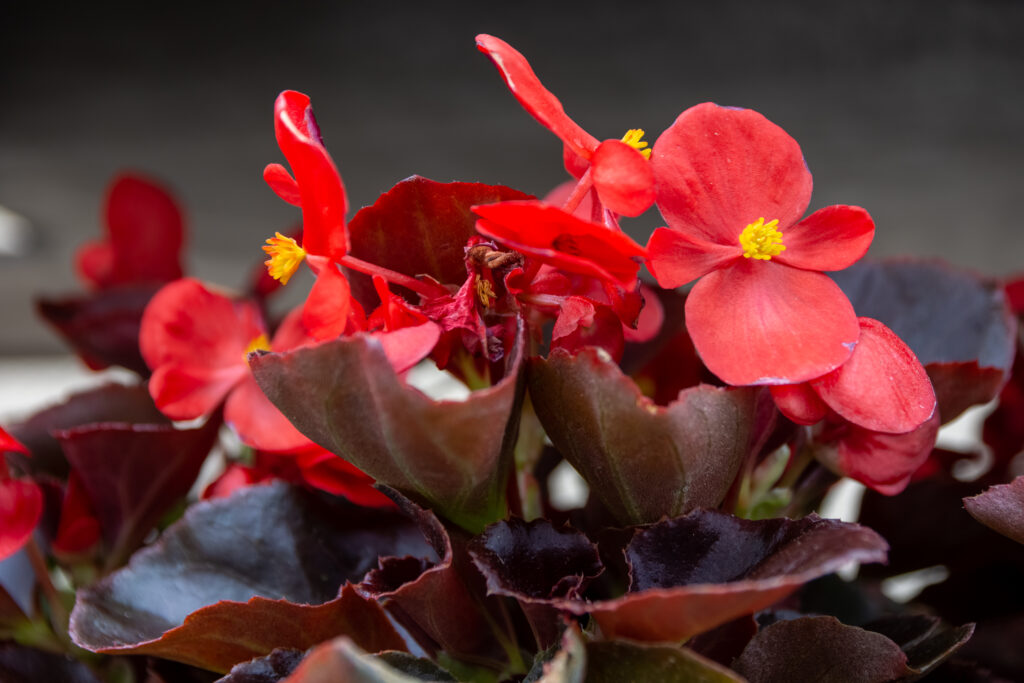Summary: This study evaluated the impact of different concentrations of a plant-derived protein hydrolysate (PH), “Trainer,” on the growth, ornamental quality, leaf gas exchanges, and mineral composition of three bedding plants: Begonia tuberhybrida, Pelargonium peltatum, and Viola cornuta. The goal was to explore the potential of PH as a biostimulant to enhance the performance of ornamental plants, particularly in the face of suboptimal conditions such as drought, salinity, and pollution common in urban and peri-urban areas.
The use of plant-derived protein hydrolysates as a biostimulant can be a promising strategy to improve the performance of bedding plants under non-optimal conditions. However, the response to PH treatment is highly species-specific, as evidenced by the contrasting results observed in Pelargonium peltatum and Viola cornuta. These findings suggest that careful selection and application of PH concentrations are necessary to optimize growth and ornamental quality in different bedding plant species.
Publication: Acta Horticulturae









